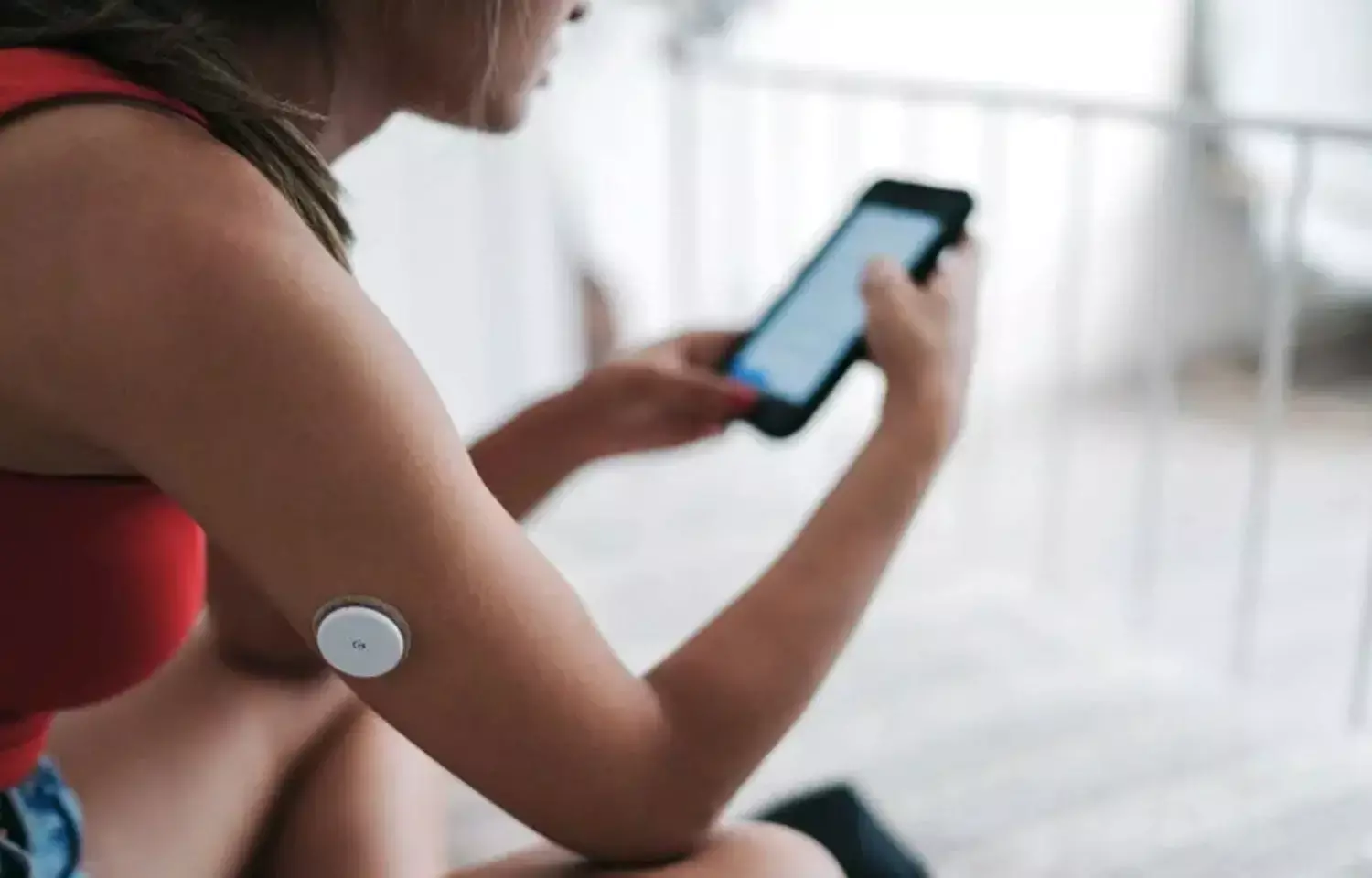- Home
- Medical news & Guidelines
- Anesthesiology
- Cardiology and CTVS
- Critical Care
- Dentistry
- Dermatology
- Diabetes and Endocrinology
- ENT
- Gastroenterology
- Medicine
- Nephrology
- Neurology
- Obstretics-Gynaecology
- Oncology
- Ophthalmology
- Orthopaedics
- Pediatrics-Neonatology
- Psychiatry
- Pulmonology
- Radiology
- Surgery
- Urology
- Laboratory Medicine
- Diet
- Nursing
- Paramedical
- Physiotherapy
- Health news
- Fact Check
- Bone Health Fact Check
- Brain Health Fact Check
- Cancer Related Fact Check
- Child Care Fact Check
- Dental and oral health fact check
- Diabetes and metabolic health fact check
- Diet and Nutrition Fact Check
- Eye and ENT Care Fact Check
- Fitness fact check
- Gut health fact check
- Heart health fact check
- Kidney health fact check
- Medical education fact check
- Men's health fact check
- Respiratory fact check
- Skin and hair care fact check
- Vaccine and Immunization fact check
- Women's health fact check
- AYUSH
- State News
- Andaman and Nicobar Islands
- Andhra Pradesh
- Arunachal Pradesh
- Assam
- Bihar
- Chandigarh
- Chattisgarh
- Dadra and Nagar Haveli
- Daman and Diu
- Delhi
- Goa
- Gujarat
- Haryana
- Himachal Pradesh
- Jammu & Kashmir
- Jharkhand
- Karnataka
- Kerala
- Ladakh
- Lakshadweep
- Madhya Pradesh
- Maharashtra
- Manipur
- Meghalaya
- Mizoram
- Nagaland
- Odisha
- Puducherry
- Punjab
- Rajasthan
- Sikkim
- Tamil Nadu
- Telangana
- Tripura
- Uttar Pradesh
- Uttrakhand
- West Bengal
- Medical Education
- Industry
Do digital behavioral therapeutic applications effectively lower HbA1c? Study offers insight

U.S.A.: According to research from a randomized controlled study that was published in Diabetes Care, cognitive behavioral therapy (CBT) delivered through a digital therapeutic app in addition to normal medical care may help persons with type 2 diabetes lower their glycated hemoglobin levels (HbA1c).
The study's objective was to assess the effectiveness and safety of a digital therapeutic application (app) that delivered cognitive behavioral therapy (CBT) intended to help type 2 diabetes patients improve their glycemic control.
For this purpose, adults with type 2 diabetes and a HbA1c of 7 to 11% were randomized to use either the control app or a digital treatment app (BT-001) that delivered CBT in addition to standard of care management. CBT is a recognized type of psychological therapy that aims to recognize and alter harmful thought processes. The difference in mean HbA1c change from baseline to 90 days between treatment groups served as the study's major end point.
Key points of the study:
- In the BT-001 and control groups, the baseline HbA1c values were 8.2 and 8.1%, respectively.
- The change in HbA1c after 90 days of app use was 0.28% (95% CI 0.41, 0.15) in the BT-001 group and +0.11% (95% CI 0.02, 0.23) in the control group (treatment group difference 0.39%; P< 0.0001).
- As measured by the number of app modules completed, HbA1c reduction coincided with exposure to the therapeutic intervention (P for trend 0.0001).
- The use of apps did not cause any negative events in either group, and there were no negative device effects observed.
The authors concluded that delivering a cognitive behavioral intervention through a smartphone app may offer a scaleable choice for enhancing glycemic control.
REFERENCE
Judith Hsia, Nicole L. Guthrie, Paul Lupinacci, Ananda Gubbi, Douglas Denham, Mark A. Berman, Marc P. Bonaca; Randomized, Controlled Trial of a Digital Behavioral Therapeutic Application to Improve Glycemic Control in Adults With Type 2 Diabetes. Diabetes Care 2022; dc221099. https://doi.org/10.2337/dc22-1099
Dr Kamal Kant Kohli-MBBS, DTCD- a chest specialist with more than 30 years of practice and a flair for writing clinical articles, Dr Kamal Kant Kohli joined Medical Dialogues as a Chief Editor of Medical News. Besides writing articles, as an editor, he proofreads and verifies all the medical content published on Medical Dialogues including those coming from journals, studies,medical conferences,guidelines etc. Email: drkohli@medicaldialogues.in. Contact no. 011-43720751


